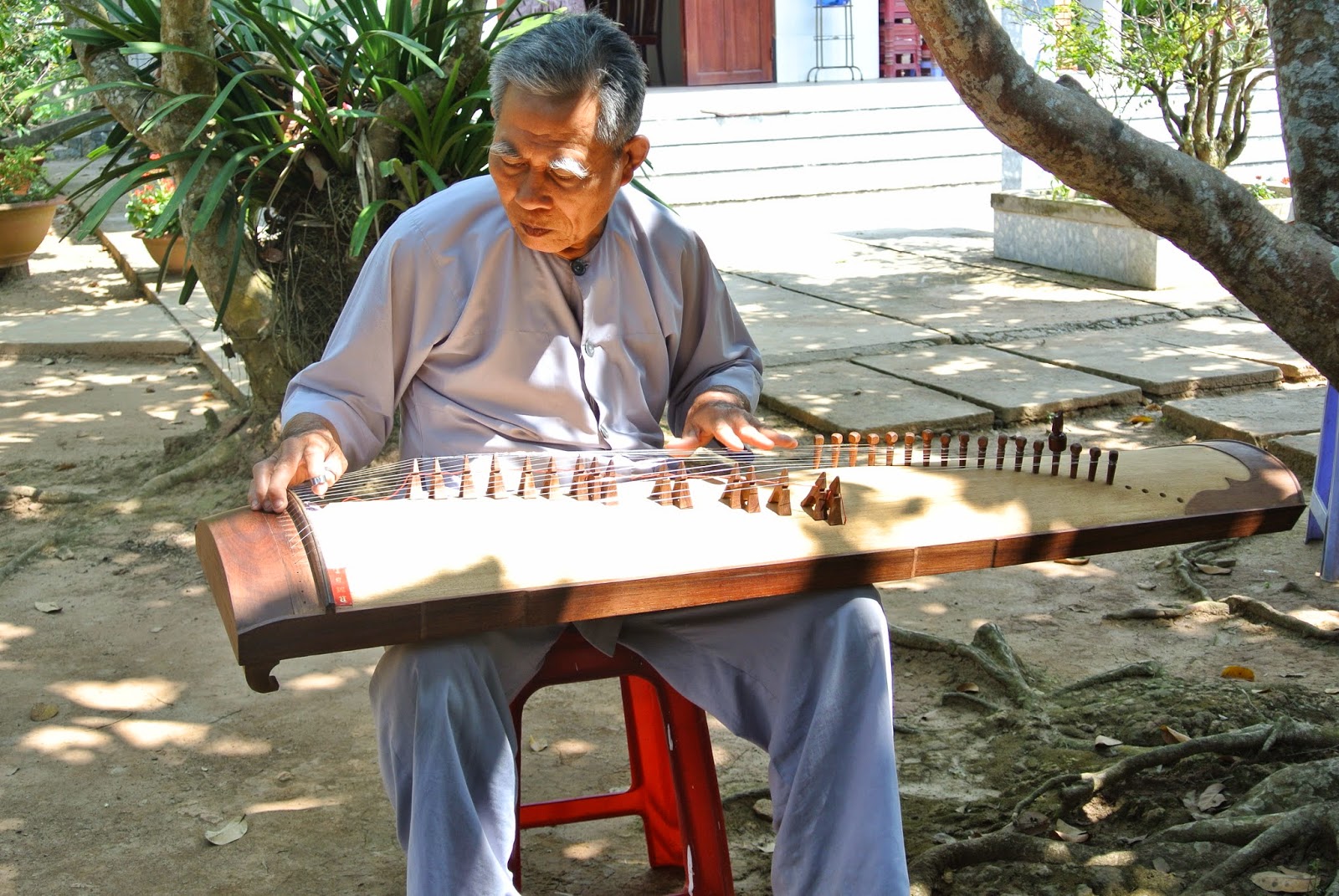The night before we landed in Saigon (aka Ho Chi Minh City), Noah was co-awarded the ship’s Ubuntu stick.
“Ubuntu” is a term originating in southern Africa that roughly translates to being a mensch or cultivating compassion and community as you go; the basic idea is “I am human only because we all our human,” or, as Michael Onyebuchi Eze (see Wikipedia) puts it, “Humanity is a quality we owe to each other.” Our wonderful Executive Dean, Bob Vieira, established the tradition of awarding an “Ubuntu stick” to deserving voyagers, voyagers who reflect the best values of ship-mateyness, community-building, caring for others, and simply doing the adventure right.
Here’s Noah with the Ubuntu stick.
Noah was awarded the stick with another fellow Guilin voyager, Robin, and we couldn’t be happier that Noah got to share this honor with this particular voyager. Robin, if you remember, was the student who walked hand-in-hand with Noah all the way down the Moon Mountain trail. We love Robin to pieces.
Ubuntu. It’s often said of kids that they accept everyone regardless of skin color, age, body type, etc. etc.—that they lack the judgments that age and enculturation bestow upon us. Well, it’s not that simple, as anyone who has broken up a fight between two-year olds knows (i.e., every parent). But it’s largely true. Kids aren’t naturally messed up. So in a sense—in the sense that all kids kind of naturally embody Ubuntu, naturally and unquestioningly accepting and including others—Noah was a wonderful choice for the Ubuntu stick. And of course, mommy and daddy were proud as peacocks once again of our amazing guy who cannot help making people fall in love with him wherever he goes.
I think the very trip itself teaches Ubuntu values. We’ve just had our taste of Vietnam. It felt to me like the first place we had been to that was truly different. Japan is very westernized (indeed, the Japanese take everything the rest of the world has to offer and makes it better). China was full of smog and industry even as it clearly had its distinctive landscape and culture. In Vietnam, we heard gorgeous indigenous music:
Amazing voices singing in pentatonic.
Ate beautiful local fruit:
Clockwise from right: pineapple, mango, dragon fruit, jack fruit, sweet little bananas. In the middle, two kinds of salt.
Waded across streets packed with whizzing motorcycles, each carrying one, two, three, or four people (aside: who knew that a motorscooter could be family transportation? Easy: dad’s driving, mom’s on the back, baby is squashed between them, legs and arms akimbo, and junior is standing on the foot board staring out across the handlebars):
Zoom.
Drank local tea with local honey and local bee pollen and local lime:
Nectar.
Communed with the local wildlife:
With dear friend Rachel.
Shopped in markets that were very different from markets back home, in terms of both the food products and the layout:
Ben Thanh Market
Those squid were very large.
And took a number of indigenous modes of transport:
Giddyup
With friend Jude
I loved Vietnam, jut ate it all up, literally and figuratively, and fell in love with its beautiful people and deep, deep history and culture. Such friendly people. In the seventies, my family helped settle Vietnamese refugees, and my memory of them is just of kind but quiet people. Now I have seen them in their element, and what a smiling, lively, gifted people they are. And loving: everywhere Noah was smiled at, cared for, enjoyed, teased, cajoled, seduced, and generally embraced. For instance, one day we went to a private home to help make banh chung for shut-ins. These savory rice-bean-pork cakes wrapped in leaves are a must for Vietnamese during Tet (New Year). The lovely people at the house welcomed us all warmly, especially Noah, who resolutely remained shy but clearly loved the experience nonetheless.
Making Banh Chung.
I wonder if it’s not so much that children embrace Ubuntu but rather that children inspire adults to embrace Ubuntu. Simply put, the world loves children. As I wrote in an earlier entry, when I became a dad, I was first struck with the incredible quantity and quality of love it takes to raise a child. Now I wonder, why am I so shocked and surprised? Perhaps it’s only in an individualism-driven country that people are forced to labor under the apprehension that raising children is not the responsibility of the whole community. America is a lonely outlier in its refusal to embrace mandatory child-care leave, socialized day care and preschool, and so forth. Our country seems pathological to me in that regard. My family is everyone’s family, and everyone’s family is my family.
If my humanity depends upon my ability to see and acknowledge the humanity in others, the trip is teaching me that, world-over, the recognition begins with children.




























